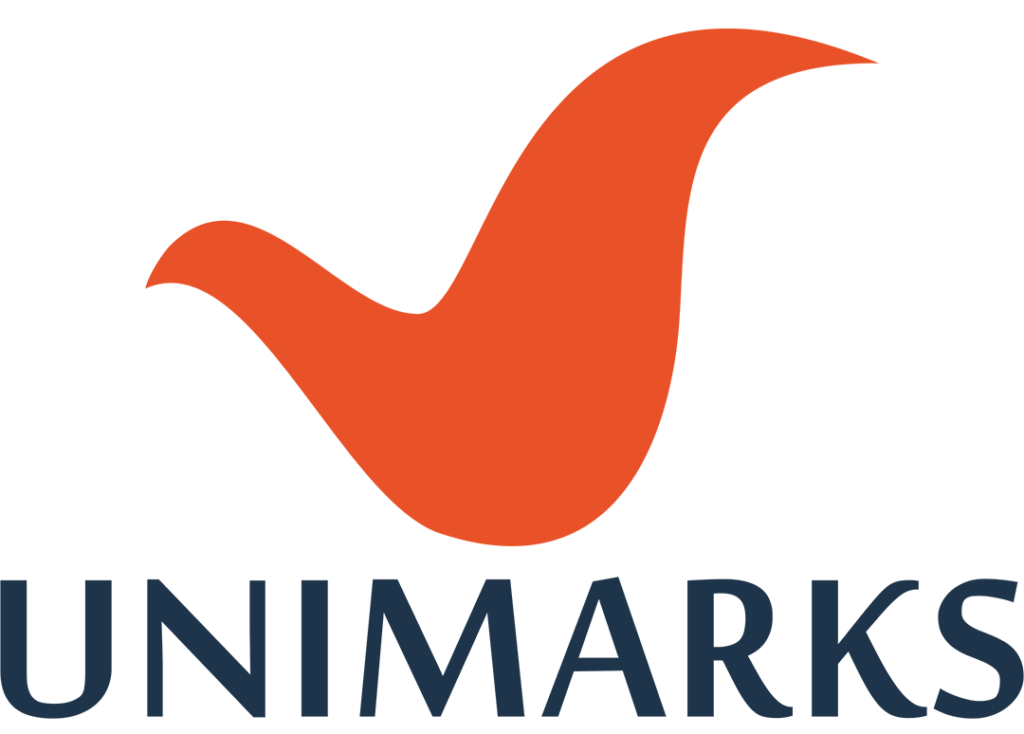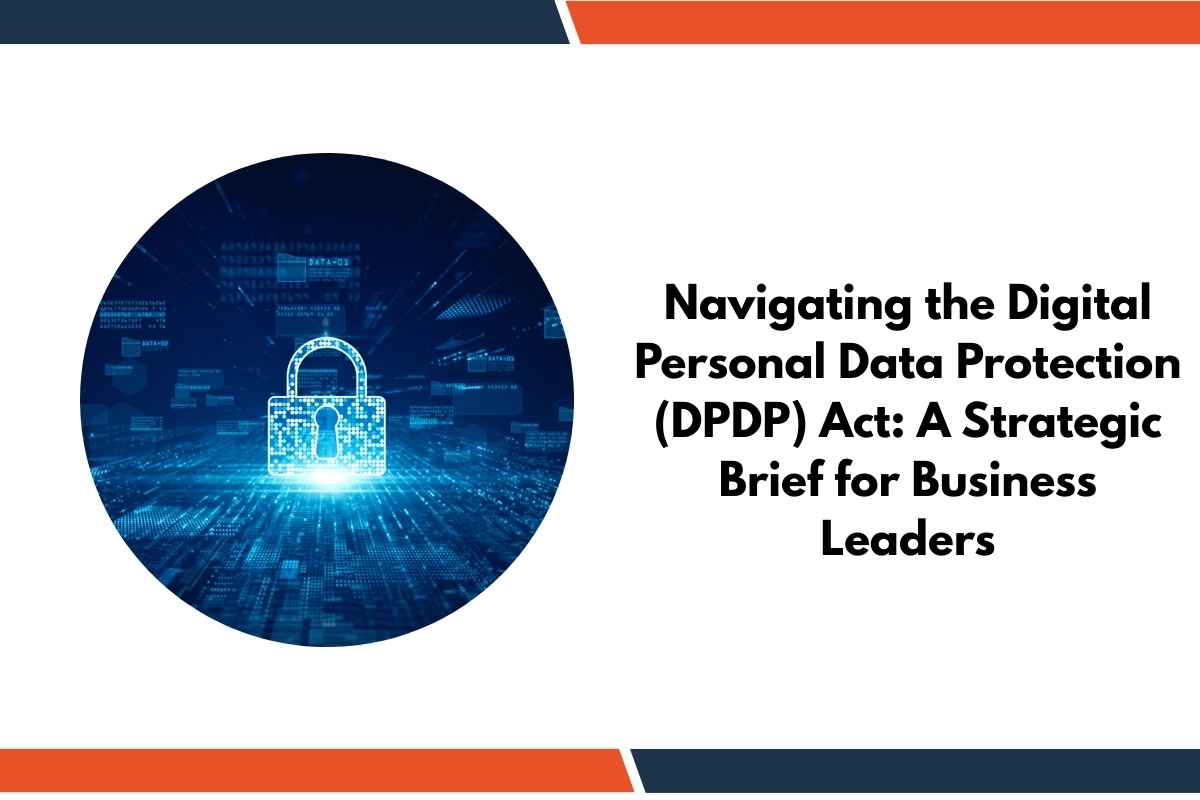Generic vs. Distinctive: The ‘STAR’ Battle and What It Means for Brands
In the world of branding, choosing a name is everything. But what happens when your brand name is built around a common, everyday word? Can you really stop others from using it? This question is at the heart of the legal concept of generic vs. distinctive trademarks. A powerful ruling from the trademark litigation protecting the common word in the Madras High Court in the case of STAR Plastics v. S Star Trading Co. gives us a clear answer.
This case is a masterclass for any business, showing how a seemingly generic term can, with time and effort, become a powerful, protected brand asset.
Also Read : How the Madras High Court IP Division Is Redefining Trademark Law in India
A Battle of ‘STARs’: The Core Conflict
The dispute involved two companies using the same common word.
- The Petitioner: STAR Plastics, a company established in 1983 that had been using the “STAR” trademark and a star device on its products since 1988. They had built up a substantial market presence, especially in Kerala.
- The Respondent: S Star Trading Co., which had managed to get a trademark registration for an identical “STAR” mark for similar products.
STAR Plastics took the respondent to court to cancel their trademark, arguing that the registration was obtained in bad faith to piggyback on their well-established reputation. The core legal question was whether a common word like “STAR” could be protected and if the respondent’s use was truly “honest”.
Also Read : Rectification & Counterclaims: Procedural Innovations in Madras High Court IP Cases
How a Common Word Becomes a Powerful Brand
The Madras High Court’s analysis was incredibly practical and insightful. While the court acknowledged that “STAR” is a common word, it looked deeper into how it was being used in the real world.
Here’s how STAR Plastics proved its case:
- Acquired Distinctiveness: Through decades of consistent use, advertisements, and sales invoices, STAR Plastics demonstrated that the word “STAR” had acquired a secondary meaning in the minds of consumers. When customers saw “STAR” on those products, they associated it specifically with STAR Plastics.
- Evidence of Bad Faith: This was the knockout blow. The court scrutinized the respondent’s logo and found clear evidence of visual trickery. The words “Trading Co.” were printed in an illegibly small font, making the dominant feature of the logo the word “STAR”. This strongly suggested a deliberate attempt to mislead consumers and trade on the petitioner’s goodwill.
Because of this apparent intent to deceive, the court rejected the respondent’s claim that their use was “honest and concurrent”.
Also Read : Pharma Trademarks & Public Health: The IMOX vs. INIMOX Verdict Explained
The Verdict and Its Impact for Your Brand
The Court ruled in favor of STAR Plastics, ordering the cancellation of S Star Trading Co.’s trademark registration.
This judgment has a massive impact for brand owners and reinforces a critical principle: even common or descriptive words can become legally protected trademarks if you can prove they have acquired distinctiveness.
The key takeaway is that courts will look beyond the surface. They will analyze not just the word itself, but the intent behind its use. A competitor trying to get close to your brand by using a similar common word, especially with deceptive visual tactics, will likely face legal trouble.
Also Read : Trademark Opposition Notice: Burden of Proof of Delivery- Madras High Court Landmark Judgement
Conclusion
The battle between generic vs. distinctive trademarks is not about who uses a word first, but about who gives that word a unique meaning in the marketplace. The STAR Plastics case proves that investing in your brand identity and building a reputation around a common term can transform it into a valuable and defensible asset. It shows that while you can’t own a word from the dictionary, you can certainly own the unique reputation you build with it, and the law will protect you from those who try to copy it in bad faith.
If an IP dispute is impacting your revenue or brand in Chennai or anywhere in Tamil Nadu, don’t wait. Connect with Trademark Lawyers or Legal Consultants in Chennai to review your documents, stress-test your legal position, and outline clear, actionable options within 48 business hours.
Author:
Suresh Kumar is an Advocate at the Madras High Court and Managing Attorney at Unimarks Legal Solutions, Chennai. Since 2008, he has focused on trademark enforcement and litigation across the Madras HC IP Division, Commercial Courts, and District Courts in Tamil Nadu.
Disclaimer: The content provided here for Information purpose only; it shall not be construed as a legal advice. Last reviewed: August 2025.





